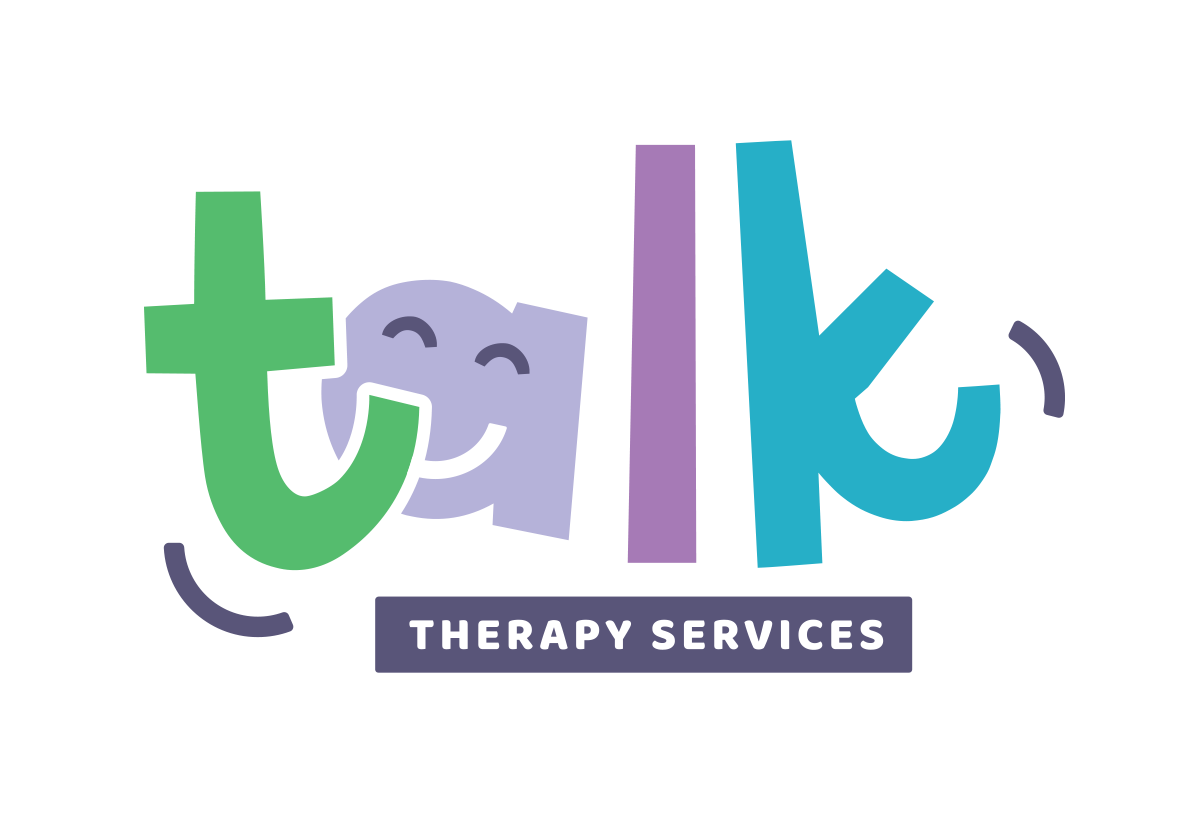Linking Literacy and Speech Development: An Interdependent Relationship
Literacy and speech development are intertwined aspects of a child's educational journey. The acquisition of robust speech and language skills is foundational for reading and writing development, and vice versa. This blog post delves into the symbiotic relationship between literacy and speech development and offers insights on how parents and educators can nurture both simultaneously.
Understanding the Connection:
Literacy, broadly speaking, involves reading, writing, comprehension, and expression, while speech development is about the ability to articulate sounds and words. These skills are not developed in isolation. A child's speech and language proficiency directly impact their ability to read and comprehend texts, as well as express thoughts in writing. Likewise, literacy activities can significantly enhance speech and language skills.
Vocabulary Expansion:
A rich vocabulary is a cornerstone of both speech and literacy. Reading books to children exposes them to a broader range of words than they might encounter in daily conversation. As children learn new words through reading, they are more likely to use them in speech, thus enhancing their language skills.
Phonemic Awareness:
Phonemic awareness, the understanding that words are made up of individual sounds, is crucial for both speaking and reading. Rhyming games, singing songs, and reading aloud help children become aware of phonemes, a skill that is fundamental to decoding words in reading.
Storytelling and Comprehension:
Narrative skills, the ability to describe events and tell stories, play a significant role in both speech and literacy development. Encouraging children to tell their own stories or retell stories they have read can enhance their ability to organize thoughts, understand story structures, and use language effectively.
Reading Aloud and Articulation:
Reading aloud is a powerful tool for developing clear speech. It provides children with examples of fluent reading and exposes them to the rhythm and intonation of language. This practice not only improves their reading skills but also helps in articulating words clearly.
Writing and Expressive Language Skills:
Writing activities, including journaling or creating stories, allow children to practice organizing and expressing their thoughts. This helps in developing complex sentence structures and enhances their overall language skills, which are essential for effective communication.
Interactive Reading:
Engage in interactive reading sessions where children are encouraged to ask questions, predict story outcomes, and express opinions about the story. This interaction fosters critical thinking and language development.
Language Games Enhancing Literacy:
Language-based games that involve word categorization, sequencing, or story continuation can simultaneously develop speech and literacy skills. These fun activities make learning engaging and effective.
Leveraging Technology:
Various educational apps and software focus on both speech development and literacy skills. These can be useful tools, providing interactive and personalized learning experiences for children.
The relationship between literacy and speech development is dynamic and reciprocal. Strengthening one invariably benefits the other. Parents and educators can play a pivotal role in this developmental process by creating rich, language-filled environments. This includes reading diverse books, encouraging storytelling, participating in language games, and providing ample opportunities for expression, both verbal and written. By nurturing these twin pillars of education, we can set the foundation for a child’s lifelong learning and effective communication.

